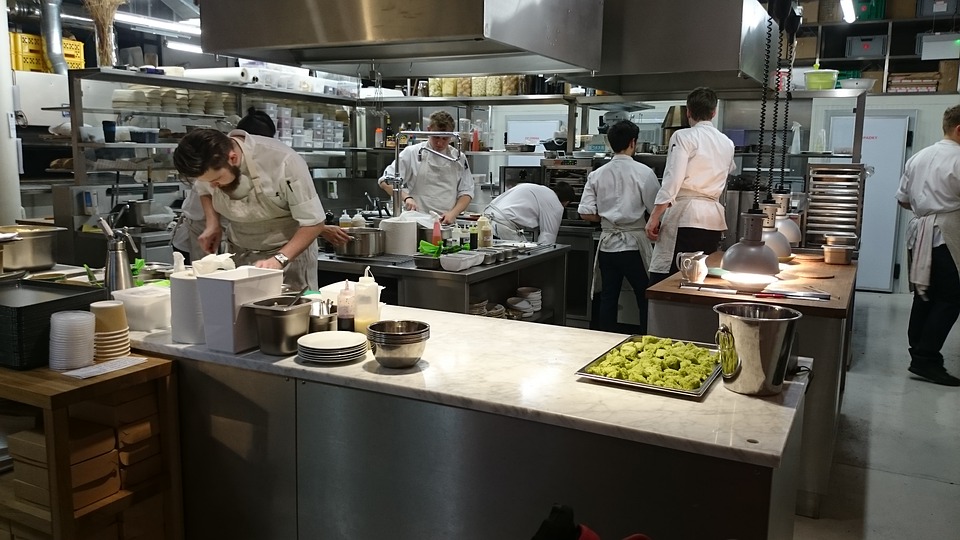Starting a food business can be a daunting task, especially for aspiring entrepreneurs with limited resources and experience. However, the rise of shared commercial kitchens has sparked a revolution in the food industry, breaking barriers and empowering food entrepreneurs from all walks of life.
The best Shared commercial kitchens, also known as commissary kitchens or ghost kitchens, provide a fully equipped and licensed space for food entrepreneurs to prepare and store their products. These kitchens are designed to meet the specific needs of food businesses, offering state-of-the-art equipment, storage facilities, and a clean and safe working environment.
One of the main advantages of shared commercial kitchens is the cost savings they offer. Renting or building a commercial kitchen from scratch can be a significant financial burden for small food businesses. By sharing a kitchen space with other entrepreneurs, costs such as rent, utilities, and equipment maintenance can be split, making it more affordable for individual businesses to operate.
Another significant benefit of shared commercial kitchens is the support and collaboration they provide. Food entrepreneurs often face numerous challenges, from navigating complex health and safety regulations to sourcing high-quality ingredients at reasonable prices. In a shared kitchen environment, entrepreneurs can exchange knowledge, share experiences, and even collaborate on projects, fostering a sense of community and mutual support.
Furthermore, shared commercial kitchens offer flexibility and scalability to food entrepreneurs. As their businesses grow, entrepreneurs can easily increase the hours they spend in the kitchen, rent additional storage space, or even expand into multiple locations within the same shared kitchen facility. This scalability allows food entrepreneurs to focus on their core business operations without worrying about the constraints of a fixed physical space.
Shared commercial kitchens also play a vital role in promoting food entrepreneurship and innovation. By providing a low-cost entry point into the food industry, these kitchens give aspiring entrepreneurs the opportunity to turn their culinary dreams into reality. They also encourage innovation by allowing entrepreneurs to experiment with new recipes, food concepts, and cooking techniques without the high risks usually associated with starting a brick-and-mortar restaurant.
Furthermore, shared commercial kitchens have become a launchpad for many successful food businesses. Entrepreneurs can use these kitchens as a stepping stone to test their products, build a customer base, and prove their concept before investing in a standalone restaurant or food truck.
Lastly, shared commercial kitchens contribute to the overall growth and vitality of the local food economy. By supporting small food businesses, these kitchens help create jobs, stimulate local food production, and contribute to the diversity and vibrancy of the culinary scene.
They also provide opportunities for entrepreneurs from diverse backgrounds who may face additional barriers in accessing traditional commercial kitchen spaces.
In conclusion, shared commercial kitchens have revolutionized the food industry by empowering food entrepreneurs with limited resources and experience. By providing affordable, collaborative, and flexible spaces, these kitchens break barriers and open doors to entrepreneurship for individuals from all walks of life.

